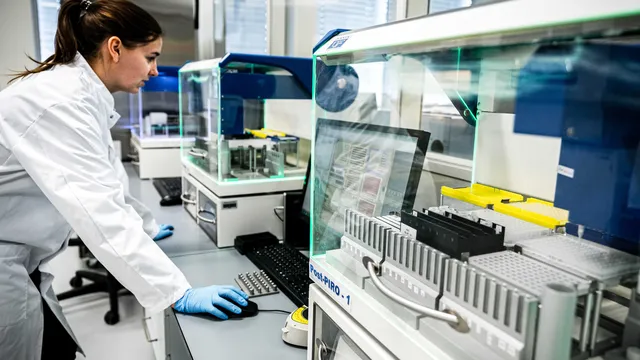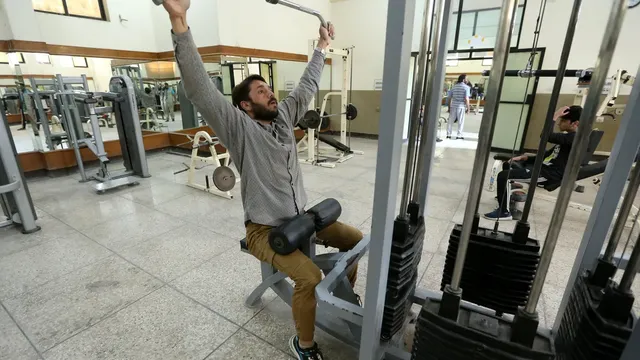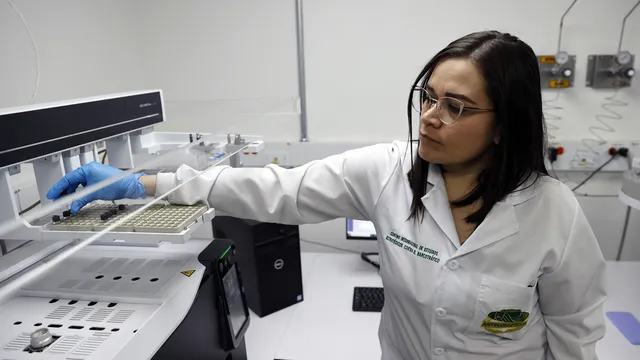For millions of people around the world, asthma is a constant struggle. It's not just wheezing or coughing - it's a chronic condition in which the immune system overreacts to harmless things in the air, like dust, pollen or pet fur.
Traditional treatments such as inhalers and steroids help control the symptoms, but they don't eliminate the root cause: the immune system attacks what it should ignore.
But what if we could teach the immune system not to overreact?
A new study by researchers at New York University and the University of Chicago offers a promising answer. The team, led by Dr. Jeffrey Hubbell and published in Science Translational Medicine, has developed a new therapy that works by harnessing the immunoregulatory power of an unexpected organ: the liver.
When they inhale allergens, people with asthma experience an overload of the immune system. Their airways swell, tighten and produce too much mucus. This is because their immune system perceives allergens as dangerous invaders, even though they are not.
There are now treatments that attempt to retune the immune system. For example, with allergy shots, people are exposed to small amounts of allergens for months or years to help the body build up a tolerance. But this treatment is slow, doesn't always work and can be risky - it can even cause severe allergic reactions.
The new therapy, called liver-targeted immunotherapy (LIT), works very differently. Instead of fighting against the immune system, it works with it, using the liver's natural ability to teach the body what not to attack.
The liver has a special role in the immune system. It regularly processes harmless substances from food and blood and prevents the immune system from attacking them. The Hubble team asks: can we use the same ability to stop the immune system reacting to allergens?
To do this, the researchers added sugar molecules (called mannose) to the allergens. This helped the allergens go straight to the liver, bypassing the immune system's usual defense mechanisms. Once in the liver, allergens are processed in a way that tells the immune system: it's safe - leave it alone.
In testing on mice with asthma, just two doses of this treatment trained their immune systems to ignore allergens. These mice had fewer asthma symptoms and less airway inflammation for an entire year. This is a big improvement over traditional treatments, which often require constant use and offer short-term relief.
Even more exciting is that the treatment is safer. Ordinary allergen treatments can sometimes cause dangerous reactions. But in the study, mannosylated allergens (those with added sugar) did not cause any allergic reaction in mice that were already sensitive to the allergens.
Instead, the liver calmly handled them, resulting in a milder and more effective immune response.
Dr. Jorge Emiliano Gomez Medellin, one of the lead authors, pointed out that this approach may help more than just asthma. It could be useful for treating food allergies or skin diseases such as eczema.
Because the therapy encourages the immune system to become more tolerant, it could even help with autoimmune diseases - when the immune system attacks the body's own tissues.
The next step is to test LIT in humans, starting with common allergens such as dust mites and foods. If it works as well in humans as it does in mice, it could change the rules of the game - providing fast, long-lasting and safe relief from allergic diseases.
For more than 100 years, allergy treatment has focused on slowly habituating the immune system to allergens. LIT turns this idea on its head by targeting allergens to the liver and letting the body's natural tolerance system do the work.
"Instead of forcing the immune system to change, we work with its own rules. This could be the future - not just controlling asthma symptoms, but treating the disease at its source," Dr Hubbell stressed. | BGNES

 Breaking news
Breaking news
 Europe
Europe
 Bulgaria
Bulgaria







